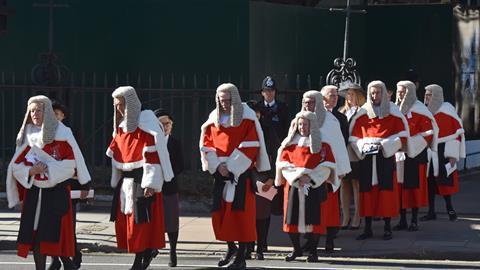My local council has new rules on bin bag collection. Every household is allowed two black bags – any more and they won’t be collected.

What you find is people in dressing gowns and slippers roaming the streets with bags late on Thursday, searching for households that haven’t filled their quota. Are they breaking the law? Of course not, they're simply finding a way to make the system work for them.
Costs budgeting is one of those ideas that to non-lawyers looks a no-brainer, but which the legal profession struggles to embrace. Lawyers tell me it is an imprecise art, which takes up valuable time and which has caused untold grief during the case management process.
Defendant firm Kennedys has certainly copped its fair share of grief this week, after being at the end of a judicial kicking in the High Court.
The Honourable Mr Justice Coulson spent virtually every paragraph of his judgment admonishing the firm and what he said was its attempt to under-play the claimant’s costs. At times it was brutal, describing estimates as ‘completely unrealistic’, an ‘abuse of the costs budgeting process’ and of ‘no utility’. It would take a brave respondent to answer: ‘But apart from that…’
Solicitors are officers of the court. They may not deliberately break the rules or knowingly undermine the court. But since costs budgeting was first a twinkle in Lord Justice Jackson’s eye, lawyers have been aware they need to find a way to work the system to their advantage. If judges want to complain, perhaps they should direct their thoughts to the colleagues that created the system in the first place.
It was well known, particularly at the outset, that judges’ training was scant, and they could possibly be guided by lawyers with more knowledge of nuances of costing than them. Now it’s all too common for both sides to either over-sell or under-sell their costs estimates, expecting judges will at least come down on a centre ground (though by all accounts they are getting much better at spotting this, as Coulson exemplifies).
The natural inclination must be to produce an outlier in the expectation the judge will come down somewhere in the middle. It's not undermining the rules, but it's working out the best way to satisfy the duty to the court while keeping clients happy.
Is that playing games or playing the system as it's set out? I'm not so sure there's a difference.




























1 Reader's comment